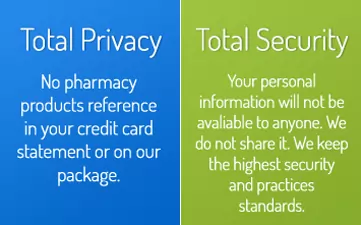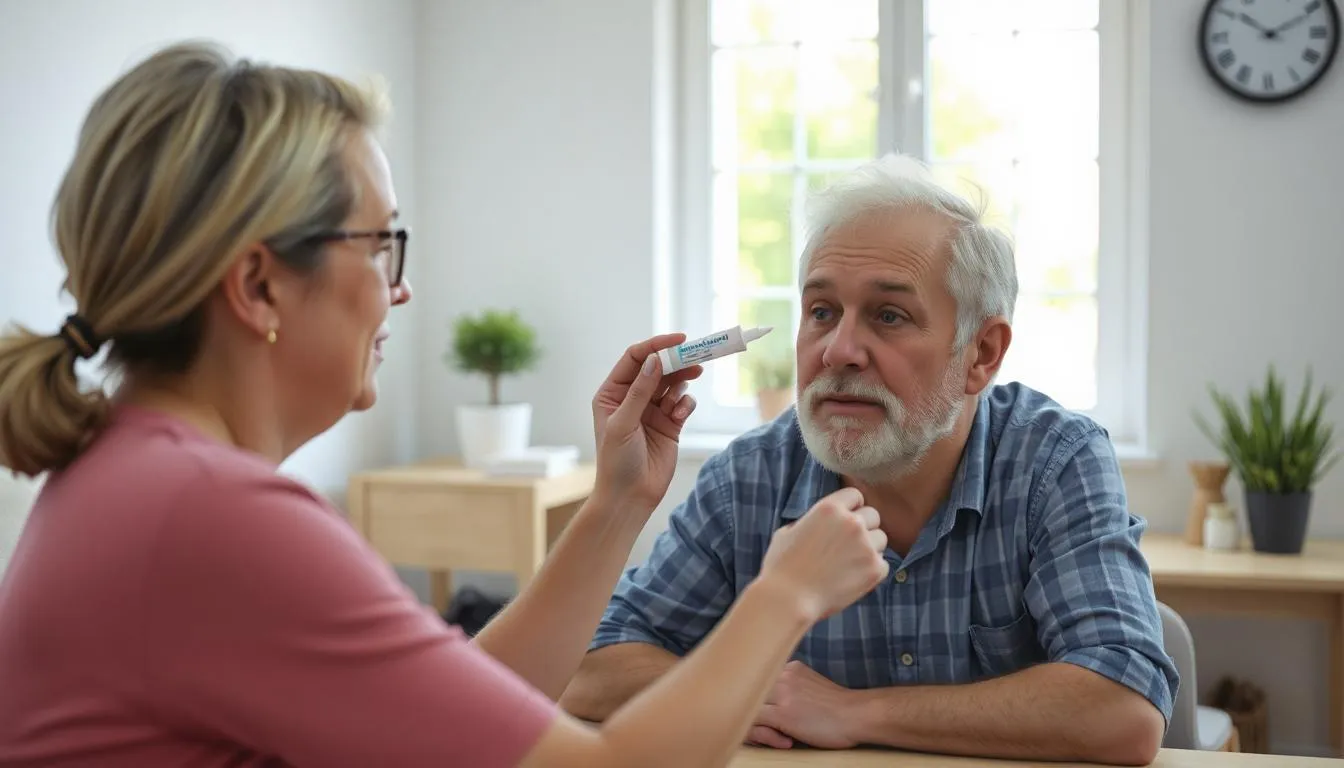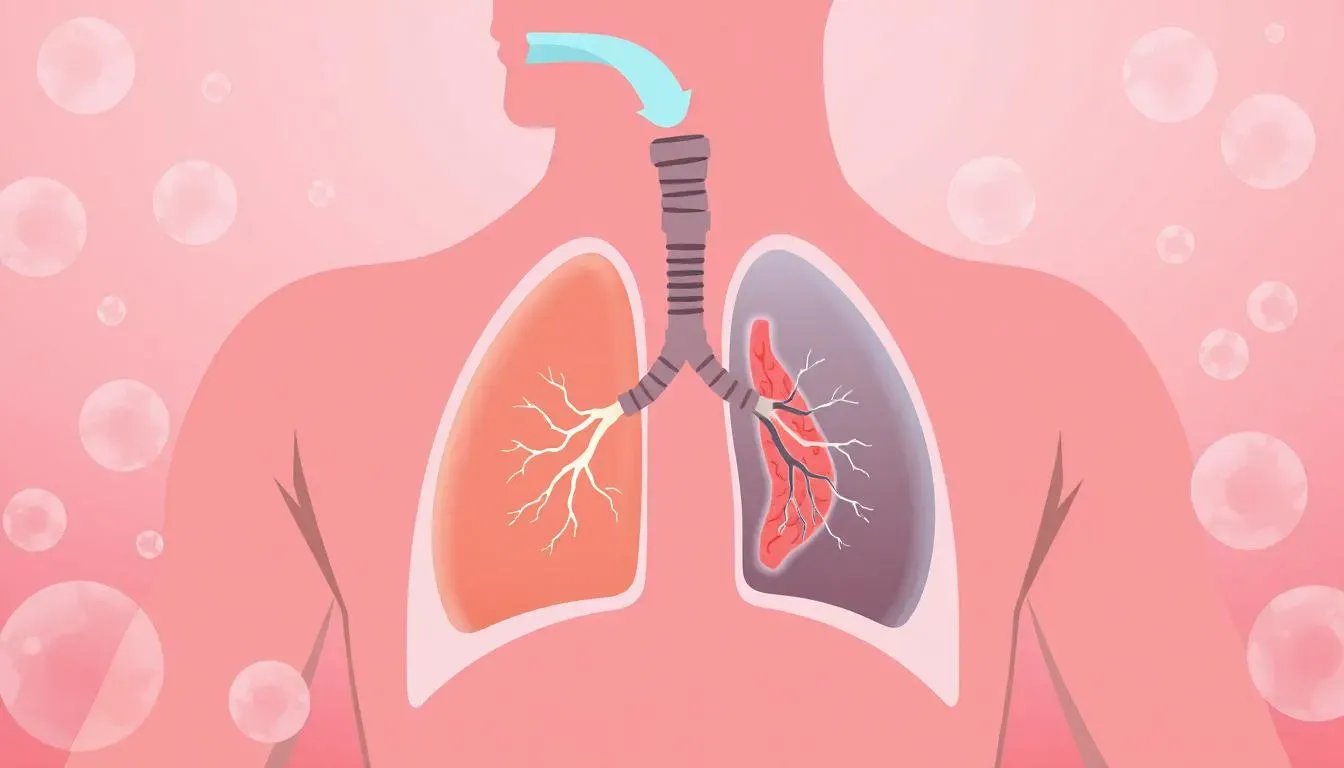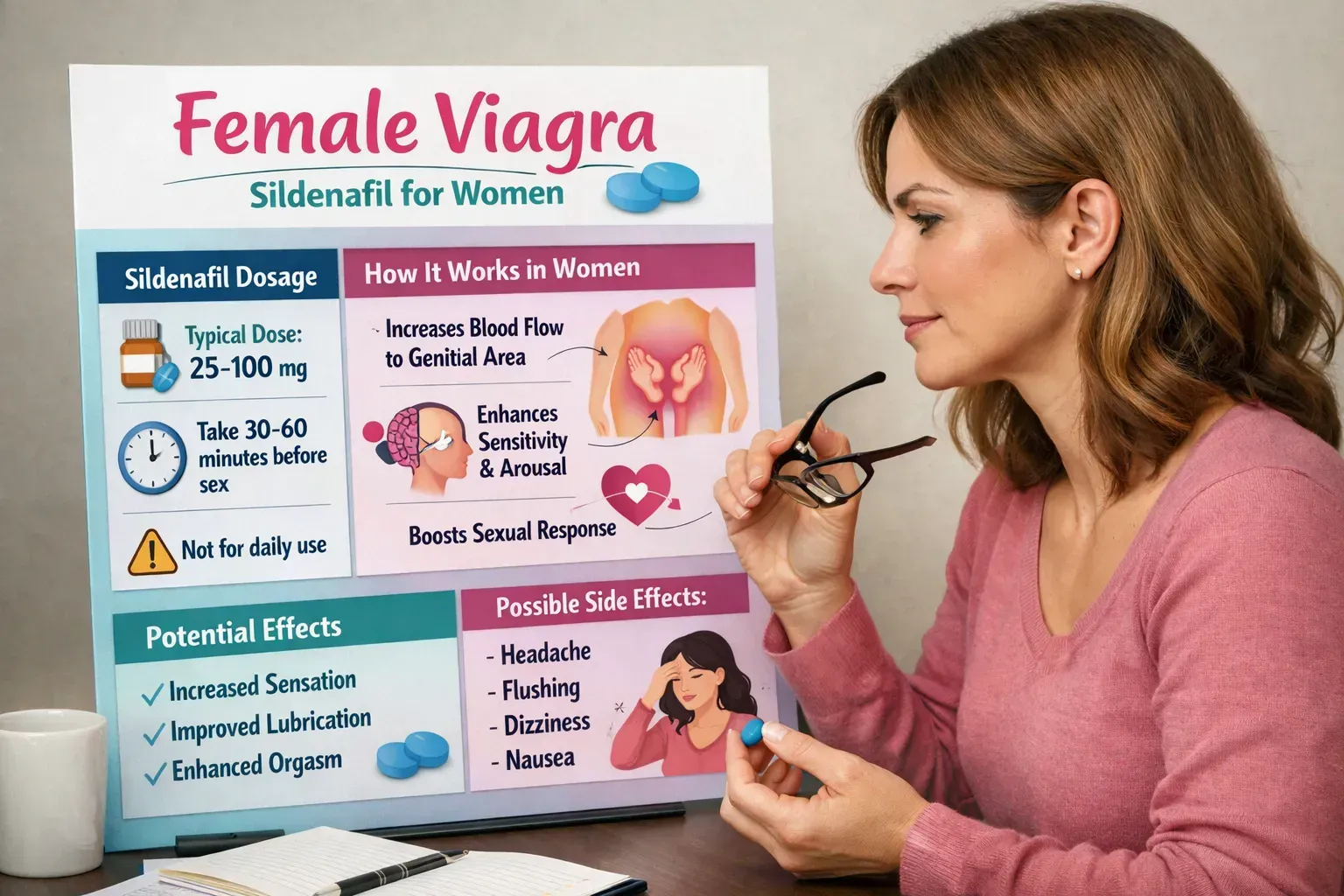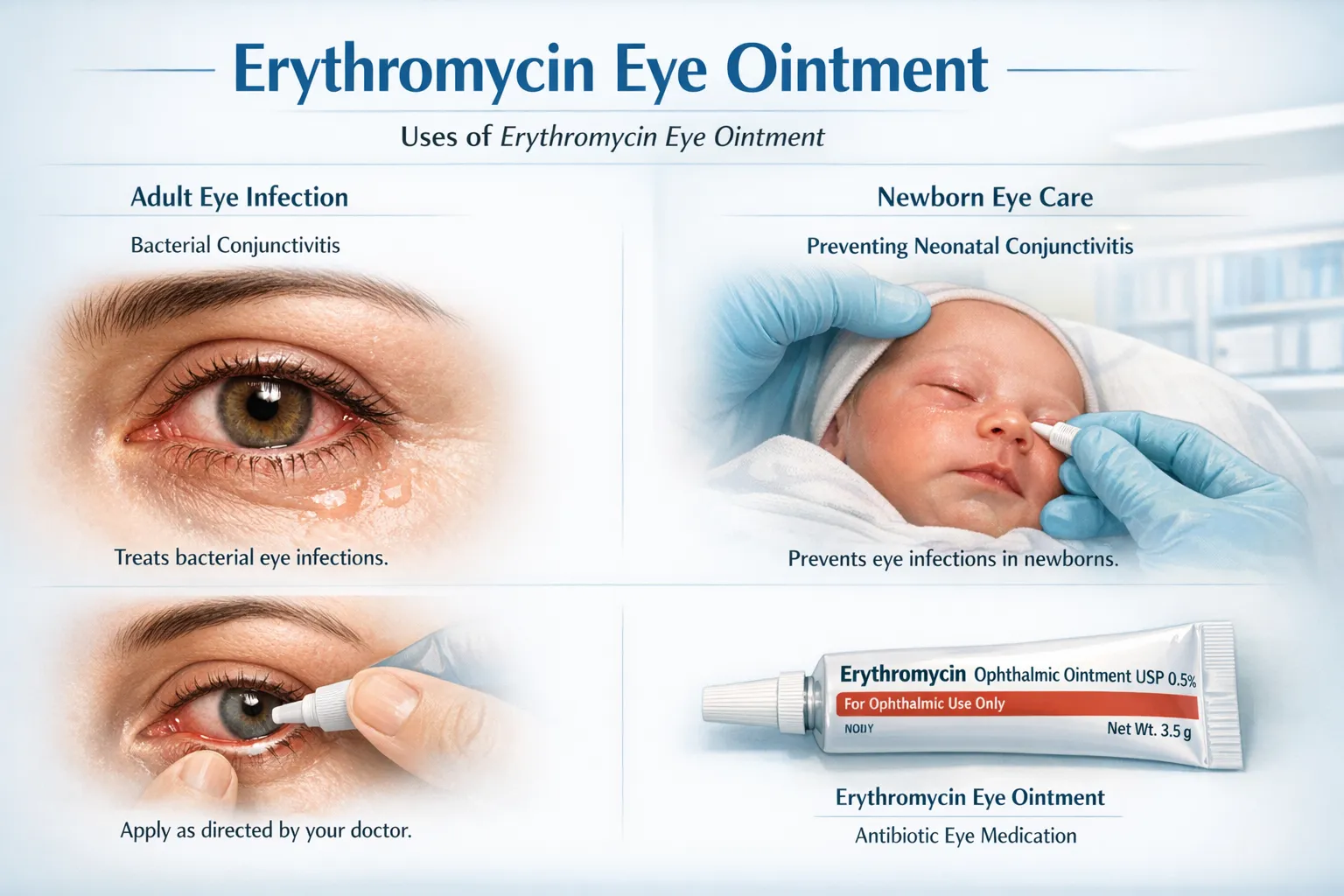
Does Creatine Cause Hair Loss?
Does Creatine Cause Hair Loss Does creatine cause hair loss is a common question. People ask it a lot. There is no clear medical proof that creatine causes hair loss. Most people who take creatine do not lose hair because of it. Many people use creatine for years and see no change in their hair. Creatine and hair loss often get connected because hair loss is already common. When someone starts lifting weights or taking supplements, they notice their body more. Hair shedding becomes easier to spot. That timing causes worry. There is no strong evidence that creatine causes baldness. The idea comes from theory, not proof. For most people, creatine hair loss does not happen. Understanding Creatine and Why People Use It Creatine is already in the body. The body makes it naturally. It is made from amino acids. Most creatine is stored in muscle. You also get creatine from food. Meat and fish contain small amounts. Supplements just increase what is already there. Creatine helps muscles make energy during short effort. Heavy lifting. Sprinting. Quick bursts of movement. It does not work overnight. It builds up slowly. People take creatine supplements for simple reasons. They want strength. They want better workouts. They want to train harder. Creatine monohydrate is the most common type. It is the most studied. It is sold as powder and capsules. Pharmacies sell creatine too. At Grant Pharmacy (grantpharmacy.com), pharmacists help patients understand supplements and how to use them safely. How Hair Loss Happens in the Body Hair grows in cycles. It grows. It rests. It sheds. This keeps repeating. Losing hair every day is normal. Hair loss has many causes. Genetics is a big one. Hormones matter. Stress matters. Nutrition matters. Common causes include: Family history Hormonal changes Stress or illness Low iron or protein Certain medications Temporary shedding happens often. It can follow illness or stress. Long-term hair loss is different. It usually follows a pattern and progresses slowly. Because hair loss is slow, it often gets blamed on new habits like supplements. The Theory Linking Creatine to Hair Loss The concern usually involves DHT. DHT is a hormone made from testosterone. In people who are sensitive, DHT can shrink hair follicles. Creatine DHT hair loss became a topic after one small study. That study showed higher DHT levels in people using creatine. It did not measure hair loss. Hormone sensitivity is different for everyone. Some people react strongly to DHT. Others do not. This is where the creatine causes baldness myth started. A hormone change does not mean hair loss will happen. What Research Says About Creatine and Hair Loss There is no strong research showing creatine supplements hair loss directly. Large studies showing hair loss do not exist. The study often mentioned was small. It was short. It did not track hair. It only measured hormones. Problems with current research include small groups and short timelines. Hair loss takes months or years. There is no proof that creatine causes baldness. There is also no proof that stopping creatine stops hair loss. More research is needed. Right now, evidence is limited. Who Might Be More Sensitive to Hair Loss Concerns Some people are more likely to worry about hair loss. Family history matters. If pattern hair loss runs in the family, concern is normal. People already seeing thinning may notice shedding more once they start creatine. This does not mean creatine side effects hair loss are real. Hair loss may have already started. People using other supplements or medications that affect hormones should be cautious. A pharmacist can help review everything together. Grant Pharmacy (grantpharmacy.com) helps patients look at supplement use clearly. Creatine Dosage, Use, and Timelines Some people use a loading phase. This usually means about 20 grams per day for a few days. Then the dose is lowered. Others skip loading and take about 3 to 5 grams daily. Both methods are used. Creatine stays in the body for weeks after stopping. Muscle levels decrease slowly. Workout benefits often appear within weeks. Hair changes, if they happen, take much longer. This makes timing unclear. Safe use means following recommended doses and drinking enough water. Is Creatine Safe for Most People Creatine has been studied for many years. It is considered safe for most healthy adults. Common side effects are not related to hair. They include bloating, water retention, and stomach upset. People with kidney disease or other medical conditions should talk to a healthcare professional first. Pharmacies like Grant Pharmacy help explain is creatine safe for hair and overall health based on current knowledge. Managing Hair Health While Using Creatine Hair health depends on many things. Diet matters. Protein matters. Iron and zinc matter. Stress matters. Simple habits help support hair health. Eating regularly. Managing stress. Avoiding harsh treatments. Everyone sheds hair daily. Watching changes over time helps. Sudden heavy shedding should not be ignored. If shedding feels unusual, pausing creatine and seeking advice may help rule things out. When to Talk to a Healthcare Professional Sudden or rapid hair loss should be checked. Hair falling out in clumps is not normal. Pharmacists can review supplements and medications. Doctors can check for medical causes. Important topics include family history, supplements, medications, and recent stress or illness. Support is available through Grant Pharmacy (grantpharmacy.com). Key Takeaways for Patients Considering Creatine There is no strong evidence that creatine causes hair loss. Creatine and hair loss are mostly linked by theory. Most people will not experience hair problems. Those at higher risk should monitor changes. Balanced supplement use matters. More is not better. Trusted pharmacy guidance helps people make informed decisions about creatine and hair health.











